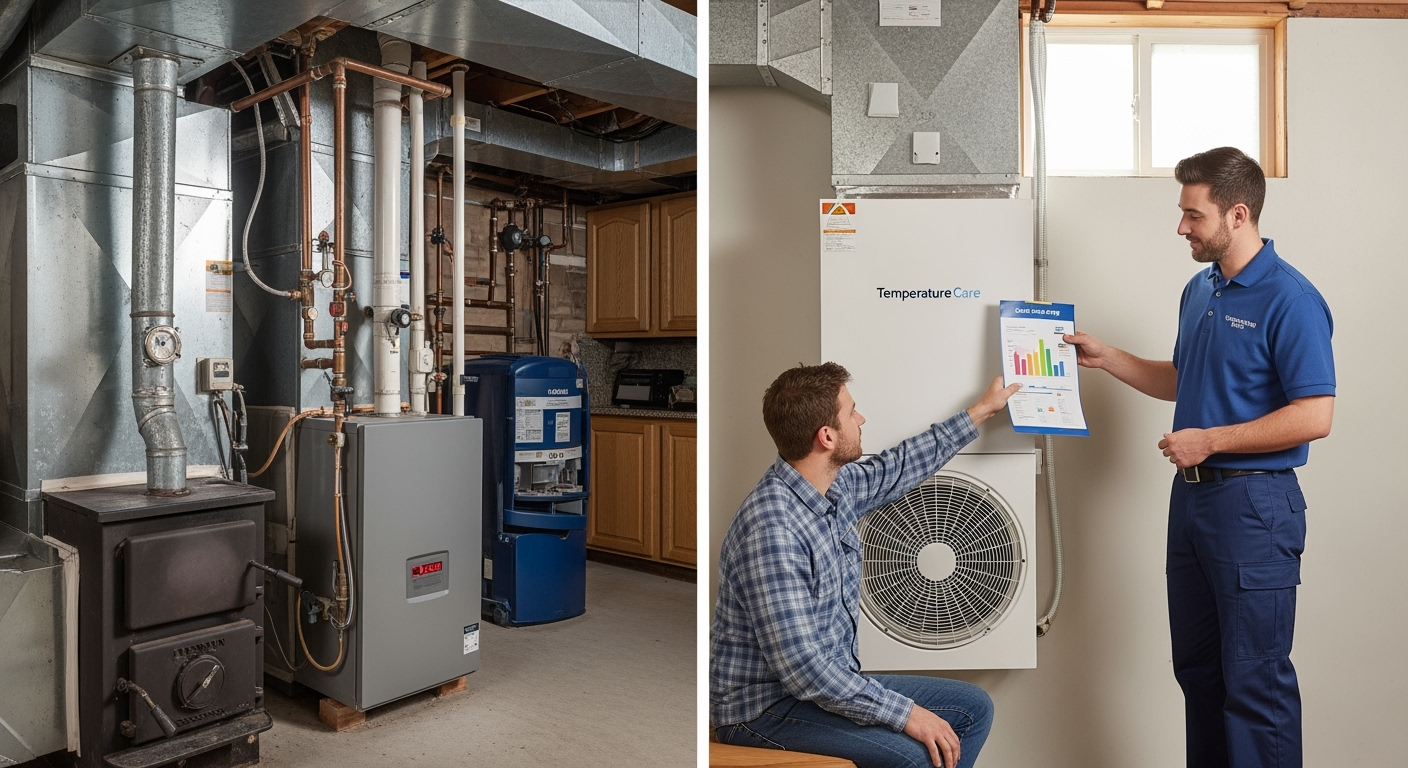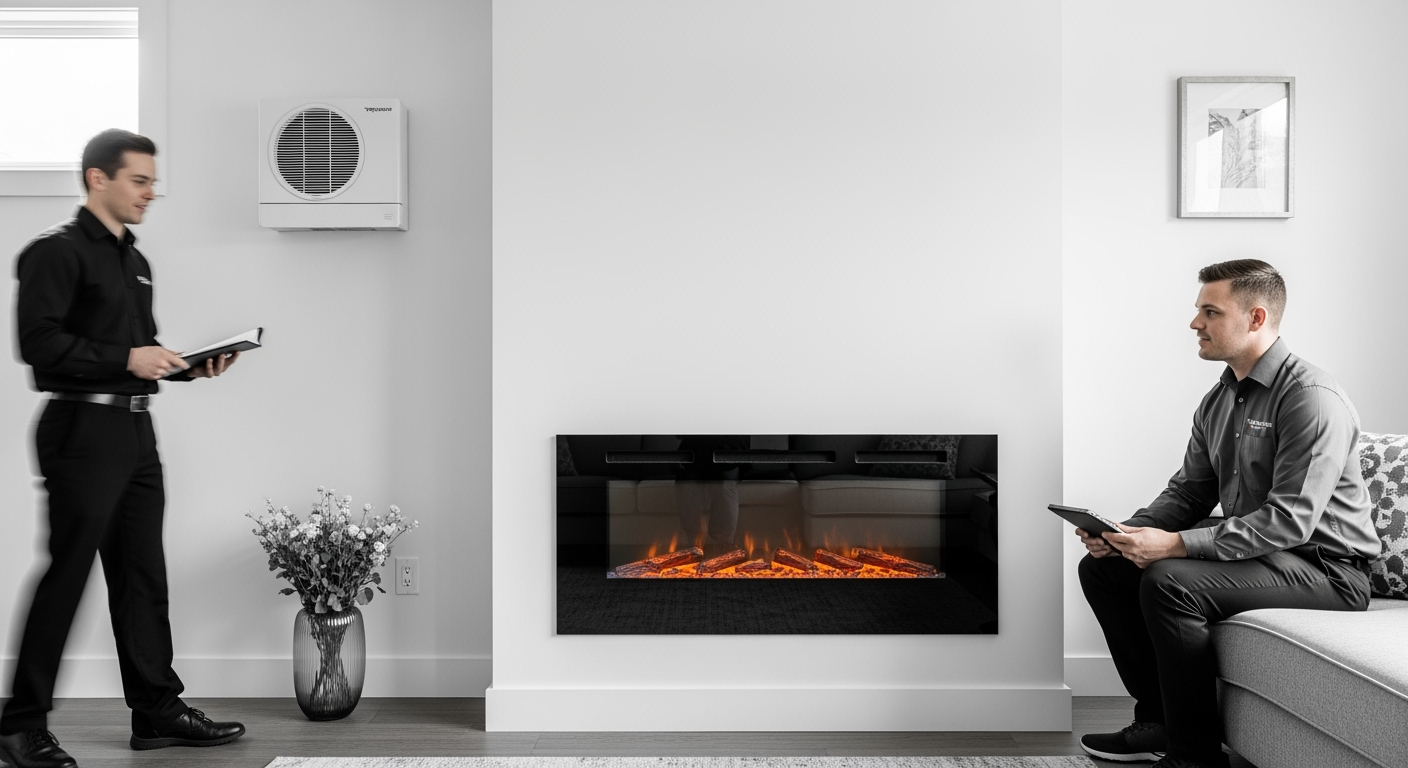Introduction to Air Handler Replacement
Replacing an air handler is a significant investment for homeowners seeking to maintain optimal indoor air quality and comfort. The air handler plays a crucial role in the HVAC system, distributing heated or cooled air throughout the home. Understanding the cost implications of air handler replacement is essential for budgeting and planning. This comprehensive guide will cover the factors influencing replacement costs, average pricing, and tips to ensure you make a cost-effective decision.
Factors Influencing Air Handler Replacement Costs
1. Type of Air Handler
The type of air handler you choose directly affects the replacement cost. There are several types available:
- Single-Speed Air Handlers: These are standard and cost-effective, but they offer less control over air distribution.
- Multi-Speed Air Handlers: These provide better control and efficiency but come at a higher cost.
- Variable-Speed Air Handlers: Offering the highest level of efficiency and comfort, variable-speed models are generally the most expensive.
Each type comes with different price points, and your choice will influence the overall cost of replacement.
2. Size and Capacity
The size and capacity of the air handler must match your home’s heating and cooling needs. An improperly sized unit can lead to inefficiencies and increased energy costs. Larger units, suitable for bigger homes, tend to be more expensive. Ensure you have a professional HVAC technician perform a load calculation to determine the correct size for your home.
3. Installation Complexity
The complexity of the installation can significantly impact the cost. Factors include:
- Location: Installing an air handler in a difficult-to-access area can increase labor costs.
- Ductwork: Replacing or repairing existing ductwork may be necessary, which adds to the overall cost.
- Electrical Work: Any additional electrical work needed to support the new unit can also increase expenses.
4. Brand and Model
The brand and model of the air handler you select affect both initial and long-term costs. Reputable brands with high energy efficiency ratings may have higher upfront costs but can lead to savings in energy bills over time. Additionally, some models come with extended warranties or advanced features that can influence the overall cost.
5. Labor Costs
Labor costs vary based on location, the complexity of the installation, and the HVAC contractor\’s expertise. In general, labor costs account for a significant portion of the total replacement cost. It’s advisable to get multiple quotes from licensed and experienced HVAC professionals to ensure competitive pricing.
Average Air Handler Replacement Costs
1. Basic Air Handler Replacement
For a basic air handler replacement, expect to pay between $2,500 and $4,500. This range typically includes the cost of the unit and standard installation. Basic models are often single-speed units suitable for smaller homes or less demanding applications.
2. Mid-Range Air Handler Replacement
Mid-range models with multi-speed functionality or higher efficiency ratings generally cost between $4,500 and $6,500. These units offer improved air distribution and energy efficiency compared to basic models and are ideal for medium-sized homes.
3. High-End Air Handler Replacement
For high-end air handlers with variable-speed technology and advanced features, the replacement cost can range from $6,500 to $10,000 or more. These units provide superior comfort, energy efficiency, and long-term savings, making them a suitable choice for larger homes or those seeking the best performance.
Tips for Reducing Air Handler Replacement Costs
1. Obtain Multiple Quotes
Always obtain multiple quotes from different HVAC contractors. Comparing quotes helps ensure you get a fair price and can identify any additional costs or services included in the installation.
2. Consider Energy Efficiency
Investing in a more energy-efficient air handler can result in lower utility bills over time. Look for models with high SEER (Seasonal Energy Efficiency Ratio) ratings to maximize efficiency and savings.
3. Schedule Off-Season Replacements
Replacing your air handler during the off-season can lead to cost savings. HVAC contractors often have lower rates during cooler months when demand is lower.
4. Explore Rebates and Incentives
Check for available rebates or incentives from manufacturers or local utility companies. These programs can help offset the initial cost of purchasing and installing a new air handler.
5. Regular Maintenance
Proper maintenance of your HVAC system can extend the life of your air handler and prevent unexpected issues. Regular servicing by a qualified technician can help you avoid costly repairs and replacements.
Conclusion
Replacing an air handler is a significant investment that requires careful consideration of various factors including type, size, installation complexity, and brand. By understanding these elements and following tips to reduce costs, you can make an informed decision that enhances your home’s comfort and efficiency. Ensure you consult with a professional HVAC technician to get accurate cost estimates and recommendations tailored to your specific needs.
If you want to read more information about how to boost traffic on your Website just visit –> The Insider\’s Views.
 905-780 3262
905-780 3262

